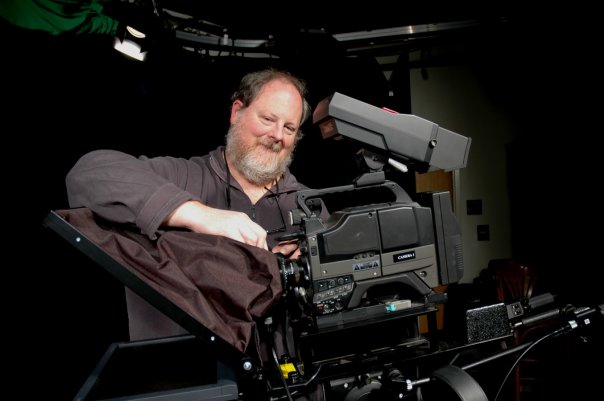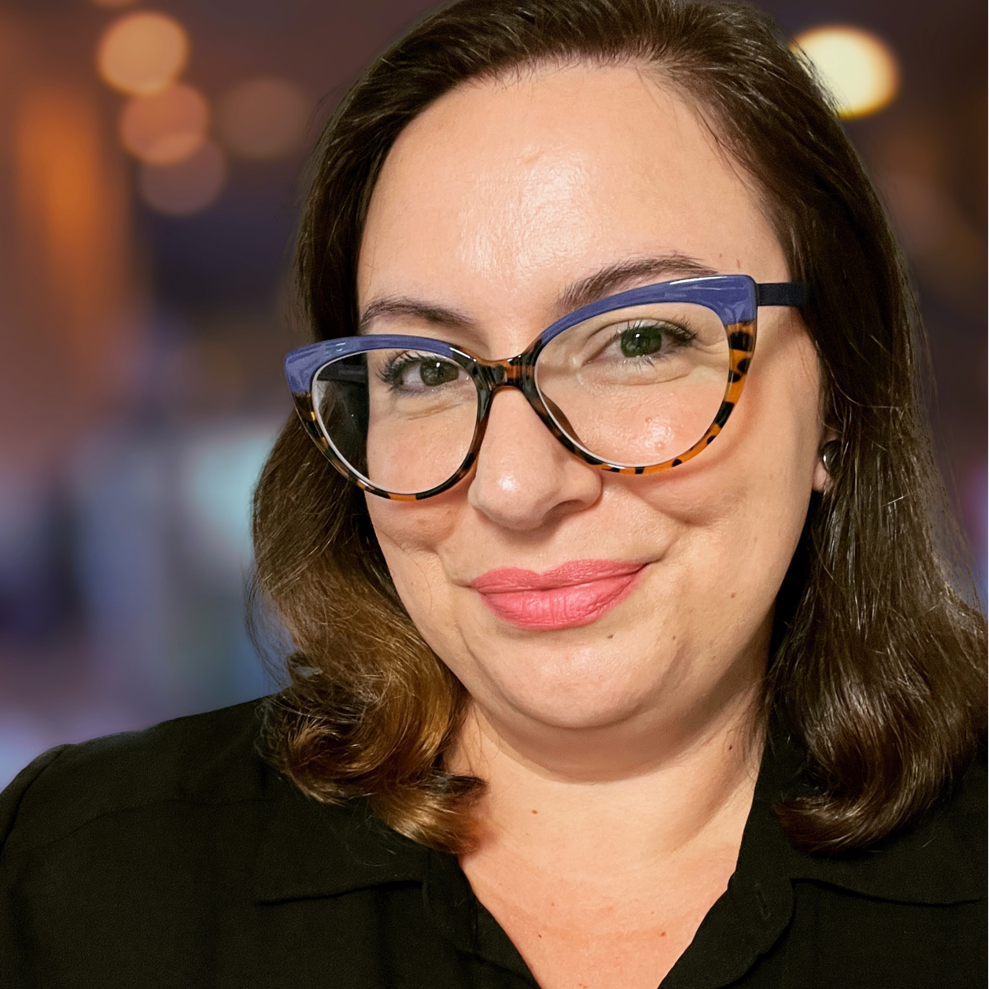CCM Major
Critical and Creative Media Major
Media Studies has a long history at Wake Forest University, beginning in the Department of Speech Communication and Theatre Arts dating back to 1958 when Julian Burroughs introduced Broadcasting courses to Wake Forest students. Film Studies courses were added to the curriculum ten years later. In 1992, the Department of Communication separated from Theatre Arts, and the question of “Radio-TV-Film” was resolved at the time by moving the faculty and curriculum with Communication into the Social Science division. The Critical and Creative Media major was approved by a vote of the full College factory during the 2021-2022 academic year. The positioning of this major within the Department of Communication is mutually beneficial in that both entities are focused on the study of stories, how we communicate them, and how they shape the human experience.
The Critical and Creative Media major coheres around the history, theory, and practice of media in a way that has integrity and offers students a path toward working in the industry or continuing their studies at the graduate level. Our focus is on the history, ethics, analysis, theory, and production of media are very much tied to transnational and transmedia approaches to production and curriculum. Current classes are already beginning to incorporate projects using cell phones, the web, and social media. We embrace opportunities to develop these areas further (without sacrificing our commitment to traditional forms, which still constitute the “gold standard” of our field) and to expand our global reach. This is not just about democratizing technology but also about curating diverse texts that will broaden the intellectual horizons of our students. Doing both well is essential to the future of Critical and Creative Media.
Our model of intellectual pursuit informing creative pursuit and creative pursuit informing intellectual pursuit is wholly in line with the University’s strategic plans. This model is tied to the idea of the applied liberal arts and helps students connect their liberal arts education in storytelling and media to various pathways leading to careers or to invaluable career assets. As an important component of this pathway, faculty have included students in their creative and scholarly work, a collaboration between faculty and students that builds exceptional engagement. Text, media, creative practices, and pedagogy are consistently interrogated for their effectiveness in teaching the material and also in their promotion of diversity, equity, and inclusion.
We maintain a robust network of Wake Forest graduates working in varying regions of media. Internships are a core practice in the major thanks to this network and the ingenuity of our students and faculty.
CCM FACULTY
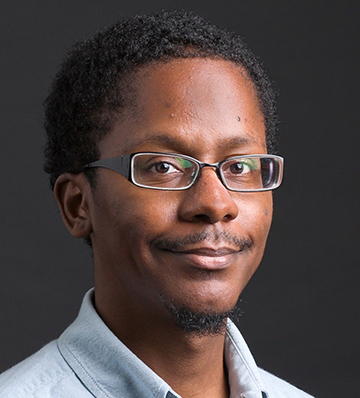
Phillip Cunningham
Assistant Professor of Media Studies
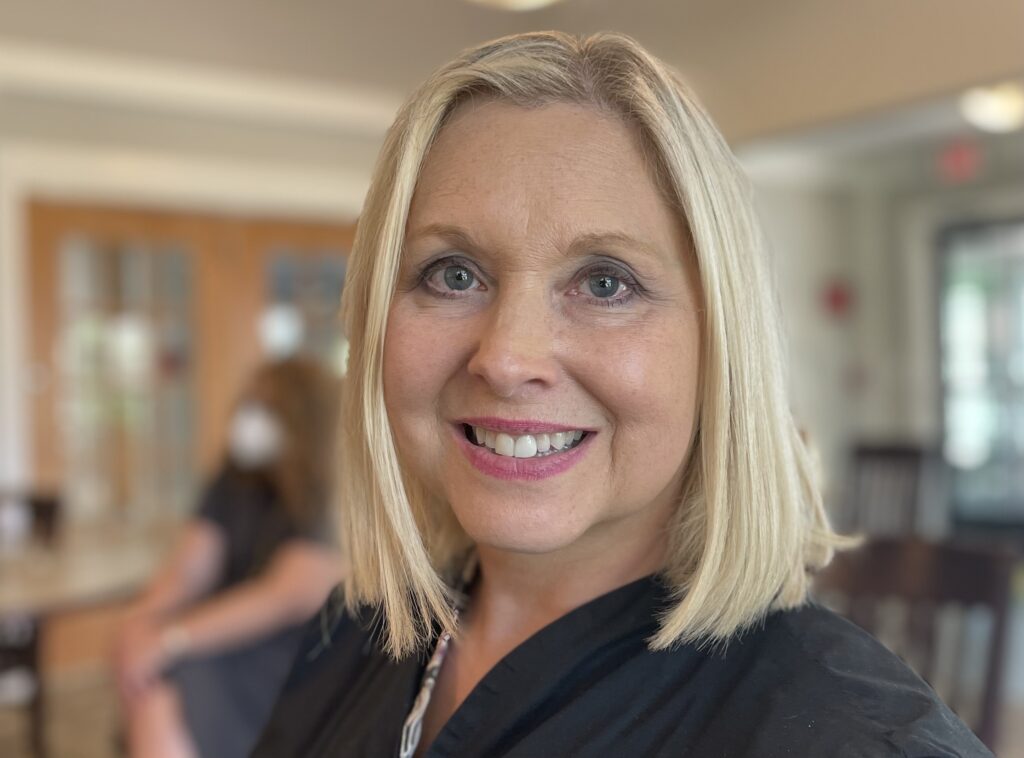
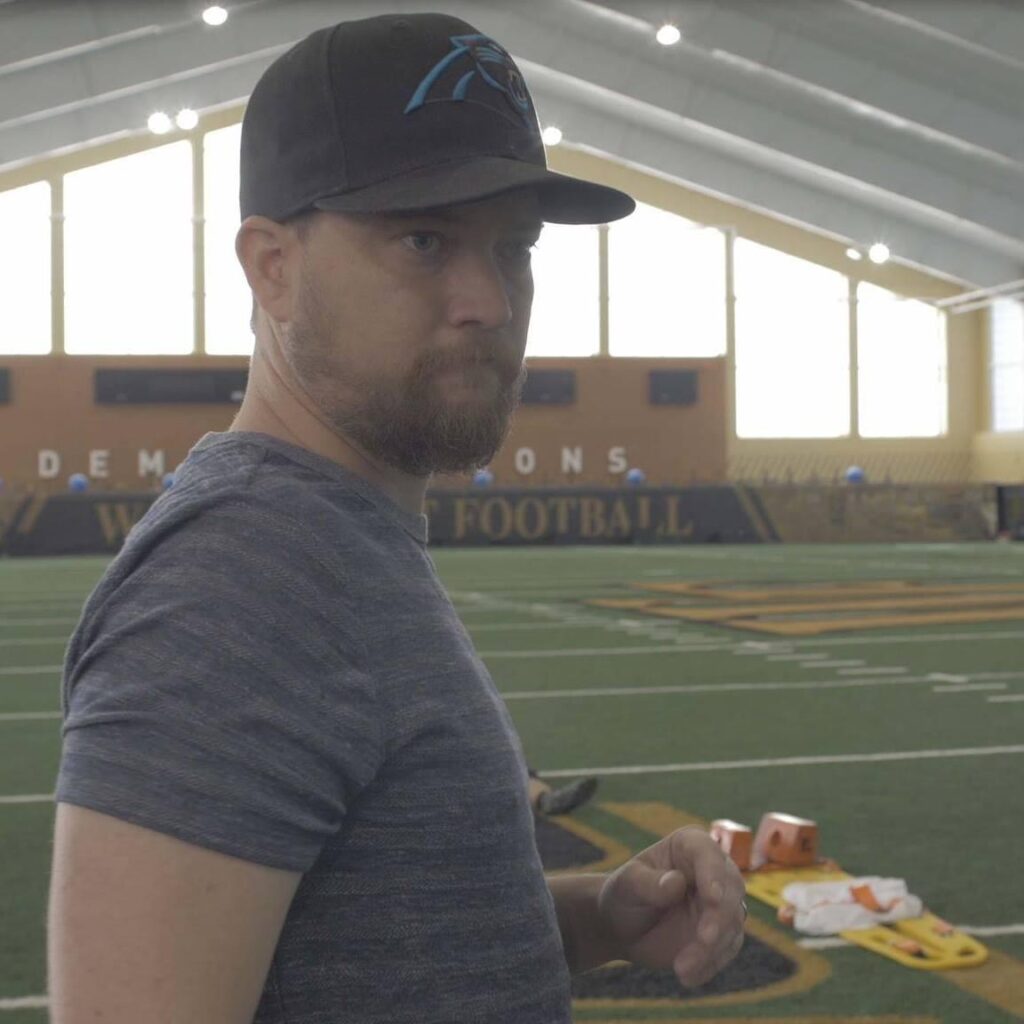

Woodrow Hood
Director of Critical and Creative Media, Director of Film and Media Studies
